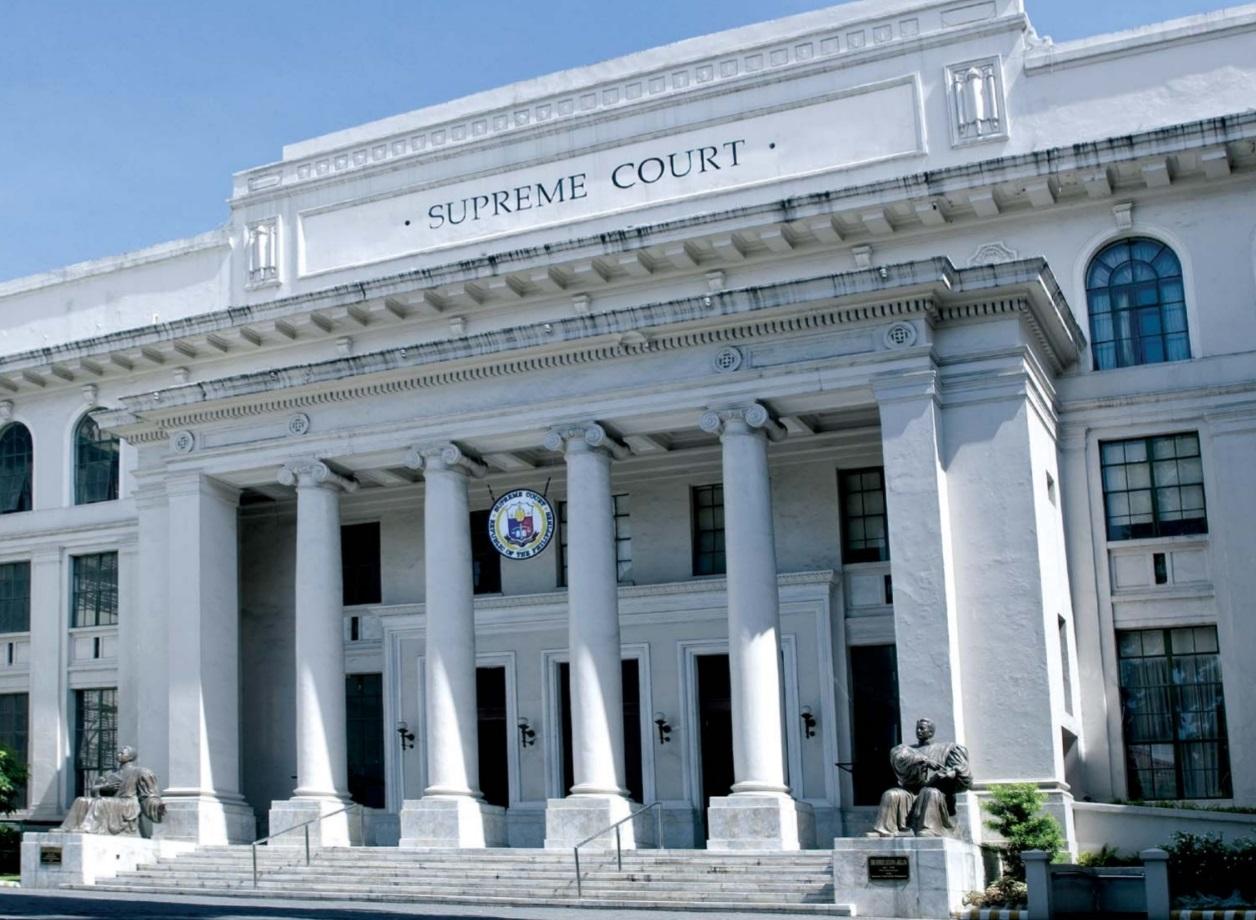SC: Bangsamoro law constitutional but Sulu not part of BARMM

The Supreme Court (SC) upheld the validity of the Bangsamoro Organic Law, however it also declared that the province of Sulu is not part of the Bangsamoro Autonomous Region in Muslim Mindanao (BARMM).
The high court said the decision is “immediately executory.”
“The Court ruled that the Bangsamoro Organic Law is constitutional because it does not make BARMM a separate state from the Philippines,” said SC spokesperson Camille Ting in a press conference on Monday.
“The Court, however, declared unconstitutional the interpretation of the provision in the law directing the provinces and cities of ARMM to vote as one geographical unit as to include provinces that rejected the law,” she added.
“This violates Article X, Section 18 of the Constitution, which states that only provinces, cities, and geographic areas voting favorably in the plebiscite shall be included in the autonomous region.”
The Bangsamoro Organic Law (BOL), which was enacted into law on July 27, 2018, seeks to replace the Autonomous Region in Muslim Mindanao (ARMM) with BARMM, which will have an expanded land and water jurisdiction, fiscal autonomy, and increased share in national government resources, among others.
In 2018, Sulu Governor Abdusakur Tan II questioned before the SC the legality of the BOL, arguing that ARMM cannot be abolished without amending the Constitution.
Meanwhile, the Sulu province rejected the ratification of the BOL during the plebiscite in 2019.
“As Sulu rejected the Bangsamoro Organic Law in the plebiscite, it was wrong to include the province in BARMM,” said Ting.
BARMM is set to have its first parliamentary elections in May 2025. But with the latest decision, Sulu will not be participating in the elections.
“They are not part of the BARMM, so they won't be participating in that,” said Ting. —NB, GMA




